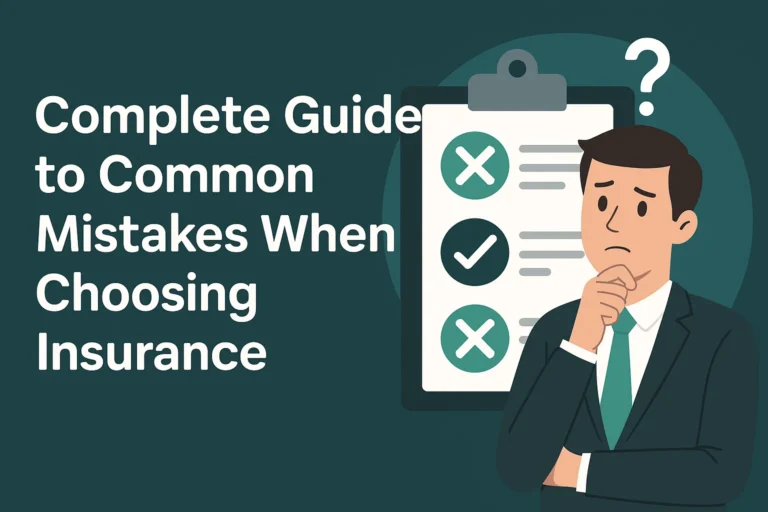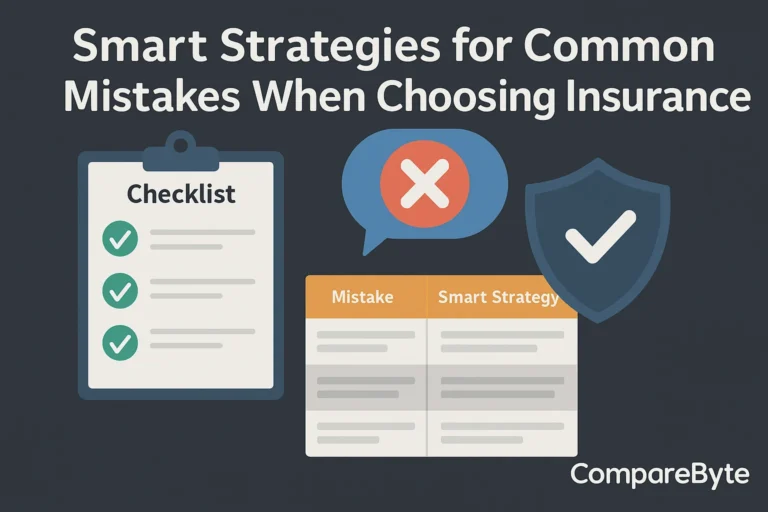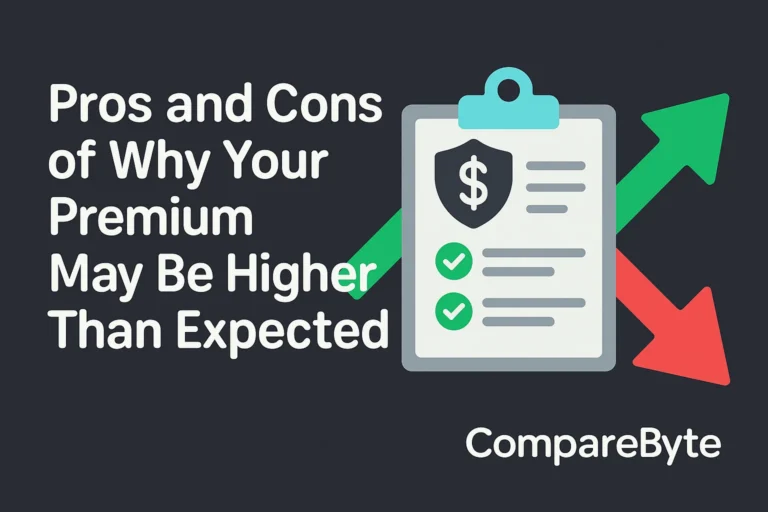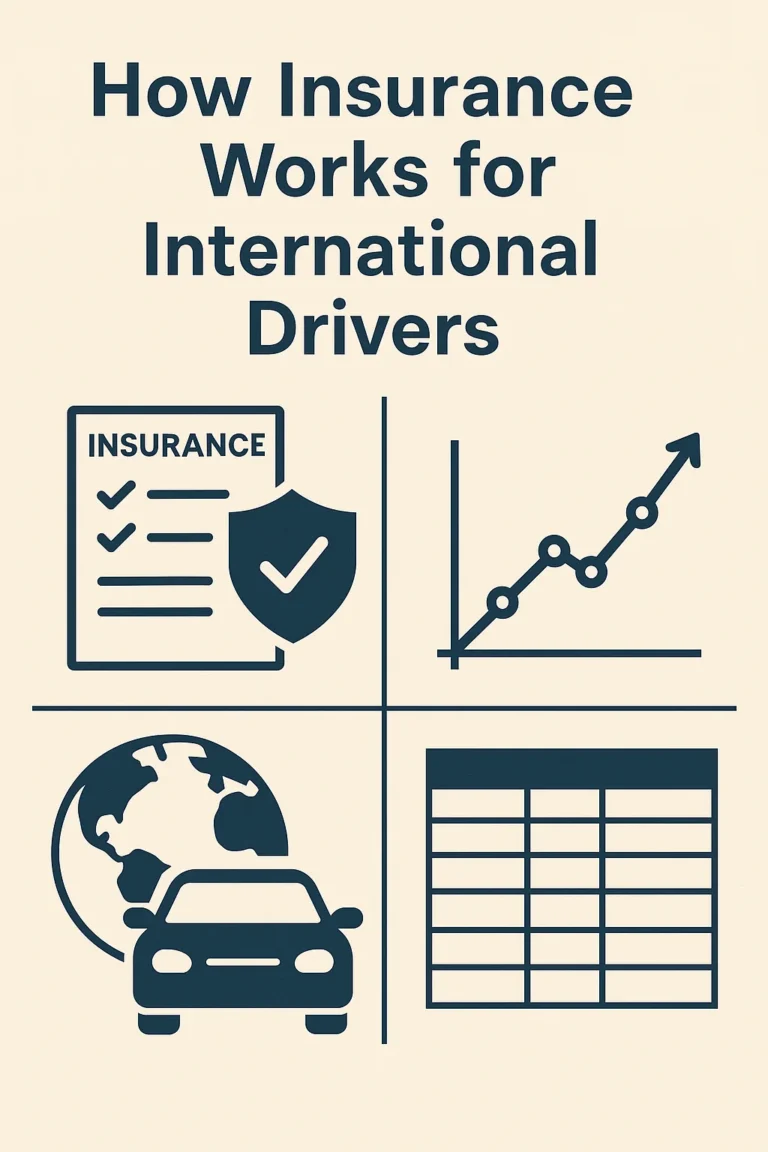For many drivers, **credit score** plays a vital role in determining the cost of their car insurance. However, a growing number of insurers are now offering policies that either do not factor in your credit score at all or place minimal weight on it. But is getting car insurance with no credit score truly beneficial?
This guide explores the benefits and drawbacks of obtaining auto insurance when you have no credit history or when your credit is not considered during the underwriting process. Whether you’re just starting out financially or have deliberately opted for a credit-free lifestyle, this article will help you make an informed decision.
Understanding Credit-Based vs. No-Credit Car Insurance Policies
What is Credit-Based Car Insurance?
Most insurers in the U.S. use a version of your credit score called a **credit-based insurance score** to predict how likely you are to file a claim. This score includes elements like your payment history, credit utilization, and length of credit history. The assumption is that individuals with higher credit scores tend to file fewer claims.
Insurers argue that this data allows them to offer more competitive rates to lower-risk customers. States like California, Hawaii, and Massachusetts have banned this practice, while others still allow it.
As a result, drivers with **low or no credit** may face higher premiums even if they have spotless driving records. This makes it challenging for younger individuals, immigrants, or those with no traditional credit history to find affordable coverage.
What is No-Credit Car Insurance?
No-credit car insurance is designed for individuals who either have no credit score or do not want it considered in their insurance application. These policies focus primarily on factors such as:
- Driving history
- Vehicle type
- Location
- Mileage
- Age and gender
Some companies advertise “**no credit check car insurance**,” though it’s important to verify whether they truly do not consider your credit or simply don’t perform a hard credit inquiry.
For consumers concerned about privacy or who have recently gone through bankruptcy, this model may be appealing. However, it can come with limitations or higher base premiums.
Comparison Table: Pros and Cons
| Factor | Credit-Based Insurance | No-Credit Insurance |
|---|---|---|
| Premium Cost (Good Credit) | Lower | Higher |
| Premium Cost (No/Bad Credit) | Higher | Stable or Lower |
| Eligibility Requirements | Strict | Flexible |
| Risk Assessment Method | Financial and Driving Factors | Driving Factors Only |
| Best For | Established Credit Users | Credit-Invisible or New Drivers |
Premium Variability Based on Credit
| Credit Score Category | Average Annual Premium |
|---|---|
| Excellent (750+) | $1,200 |
| Fair (600-699) | $1,700 |
| Poor (Below 600) | $2,300 |
| No Credit Score | $1,800 – $2,100 |
Which Option Is Better for You?
If You’re a New Driver or Student
If you’re under 25 or just started driving, chances are you don’t have much credit history. **No credit check insurance** might help you get reasonable rates based on your clean driving record instead of penalizing you for a nonexistent credit score.
If You Have Excellent Credit
Individuals with strong credit scores can benefit significantly from **credit-based insurance**. You may receive discounts and lower premiums just by maintaining a solid financial profile.
If You’ve Faced Bankruptcy or Financial Setbacks
For those who recently went through bankruptcy or have poor credit due to past financial hardships, opting for **no-credit car insurance** could prevent additional premium penalties and give you a fresh start.
Real-Life Scenarios and Customer Experiences
Scenario 1: John, a 22-year-old college student with no credit history, was quoted $2,400 annually by a traditional insurer. A **no-credit insurance provider** offered him a policy for $1,950 with the same coverage. He saved $450 by avoiding credit-based pricing.
Scenario 2: Maria, a 35-year-old with a credit score of 780, saw that her premium with credit-based pricing dropped to $1,050 annually, while a no-credit alternative would’ve charged $1,900.
Scenario 3: Ahmed, a new immigrant to the U.S., was unable to get standard quotes due to lack of a credit history. No-credit insurers were his only practical option, even though the initial premiums were higher.
These examples show how your background and financial history can impact which insurance option makes more sense for you.
Conclusion and Recommendation
Choosing between **credit-based car insurance** and **no-credit car insurance** ultimately depends on your financial background and driving history. If you have strong credit and a clean driving record, traditional insurers will likely offer the most competitive rates. However, if you’re just starting out or recovering from financial difficulties, no-credit policies provide essential access to coverage without unfair penalties.
For those who value privacy and want to avoid credit checks altogether, specialized insurers offer a viable alternative. Just be sure to compare rates, check reviews, and verify what factors are actually used in pricing.
CTA: Ready to find the best deal for your situation? Use a comparison tool or contact a licensed insurance agent to get personalized quotes today. Protect your ride—regardless of your credit history.
🔗 Related Reading: Complete Guide to Common Mistakes When Choosing Insurance
🔗 Also Read: Best Ways to Lower Your Car Insurance Without Hurting Coverage
For more details on insurance regulations by state, visit the National Association of Insurance Commissioners (NAIC).
You can also check insurer policies on credit scoring at Consumer Reports.






